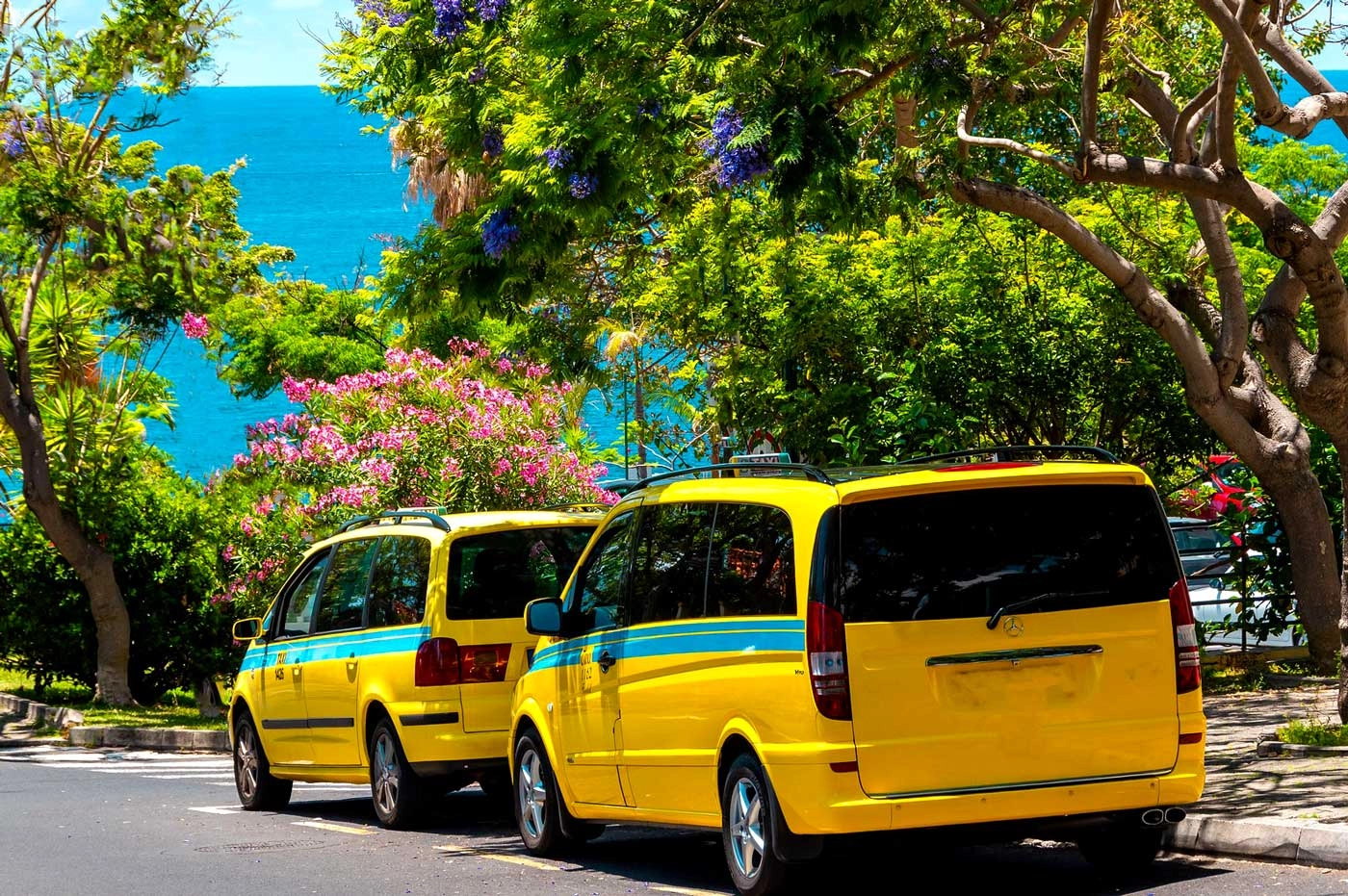ARAC Warns Revision of Regional Decree No. 13/2013/M Threatens Local Businesses
The National Association of Vehicle Renters (ARAC) expressed "its greatest concern" on Thursday, November 20, 2025, over the approval of the revised Regional Decree No. 13/2013/M. The law regulates the rental of vehicles without drivers.
ARAC said it imposes "disproportionate obligations" and "economically punitive measures," putting the survival of "numerous regional companies" at risk and potentially harming Madeira’s appeal as a tourist destination.
What The New Law Says
Private Parking Requirements: Rental companies must maintain private parking facilities with specified characteristics and dimensions.
Mandatory Electric Vehicle Quotas: A set proportion of rental fleets must be electric vehicles.
Daily Fee: Introduction of a two-euro per day fee per rental vehicle.
New Rules Include Private Parking Requirements and Electric Vehicle Quotas
The revised law requires rental companies to provide private parking facilities that ARAC describes as "economically unviable" and subject to specific size standards. The legislation also sets quotas for electric vehicles, although the region currently lacks enough charging stations. ARAC warned that these measures increase costs for local businesses and are not found in other EU member states.
Two-Euro Daily Fee Under Legal and Constitutional Review
The law introduces a proposed daily fee of two euros per rented vehicle. ARAC criticized the fee, saying it has no "legal basis" and may be unconstitutional. "ARAC, at the request of the companies operating in the region, is conducting an in-depth legal-constitutional analysis of this requirement," the association said. The fee adds financial pressure to a sector already facing stricter rules.
Association Seeks Dialogue to Protect Tourism Mobility and Regional Economy
Although the law has been approved, ARAC remains open to discussions with regional authorities. The association emphasized that only through negotiation can regulations "ensure the protection of tourism and the regional economy, avoiding irreversible impacts on the tourist mobility sector."






Comments